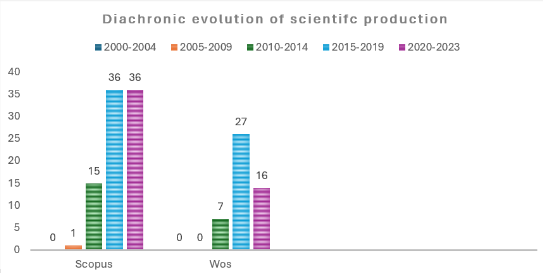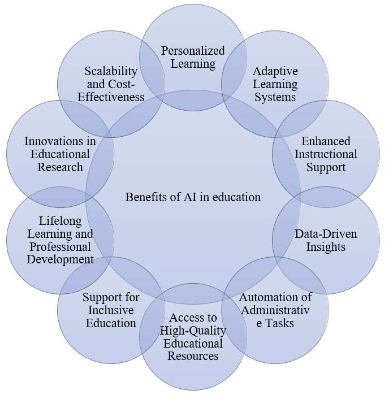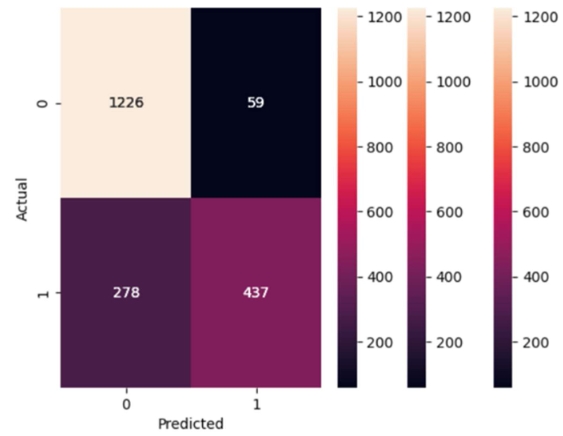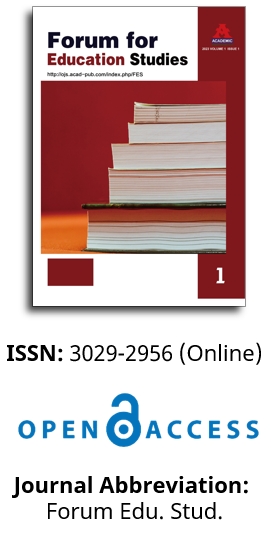





Forum for Education Studies (FES, eISSN: 3029-2956) is an esteemed, open-access, peer-reviewed journal that is committed to enriching scholarly conversation with original works. Covering an array of subjects, including pedagogical strategies, education governance, and the role of technology in education, the journal welcomes contributions from and extends valuable resources to academics, teachers, and policy influencers. Please refer to the Focus and Scopes of the journal for more details.
 Open Access
Open Access
Article
Article ID: 2471
by Saskia Snikkers-Mommer, Aziza Mayo, Alexander Minnaert
Forum for Education Studies, Vol.3, No.2, 2025;
Teachers often experience uncertainty regarding their learning support of gifted students, who can show strong task involvement but by no means self-evidently demonstrate engagement with school-task learning. Through inductive and deductive analyses of in-depth interviews with eight teachers, this study explores teachers’ understandings of the needs of gifted children in becoming and maintaining engaged with school learning as well as their own roles in this process. Teachers identify student- and context-related factors that matter for engagement. They describe substantial differences between students in what it takes to become and maintain engaged. For all students, becoming engaged seems to require an autonomy-supportive environment, while the provision of structure appears essential for them to maintain engaged. It is an ongoing challenge for teachers to find the best possible and fair balance between supporting autonomy and providing structure. It requires vigilance and constant monitoring to make it tailored to the child’s educational needs.
 Open Access
Open Access
Article
Article ID: 2164
by Asha B. S. Aradhya, Subbu Parameswaran, Nymisha Yadati
Forum for Education Studies, Vol.3, No.2, 2025;
Teachers’ social-emotional well-being is crucial for their quality of life. Their well-being is closely associated with the classroom practices, relationships and functioning with students. This study examines the impact of an intervention—‘Lead Well’ on the development of teacher SEL competencies. ‘Lead Well’ is a social-emotional learning (SEL) capacity-building program for teachers, developed by Learning Curve Life Skills Foundation, Hyderabad, India. The program aims to support, develop and promote social emotional well-being among teachers. A single group pretest and posttest design is adopted to conduct this study in Kasturba Gandhi Balika Vidyalaya (KGBV). KGBV schools provide educational facilities for girl students (grades 6–10) belonging to backward classes, minority backgrounds and families below the poverty line in Educationally Backward Blocks. The study was conducted with teachers in the KGBV schools of Vikarabad district. Teachers were provided with the SEL capacity-building program for their own well-being for an academic year. The training was imparted in phases and regular support was provided. An end-line assessment was administered at the end of the academic year. Analysis reported a significant level of improvement in teachers’ SEL competencies (Emotional Intelligence, Engaging the Child, Shaping Attitudes, Mentor Mindset and Learning and Adaptability). The findings provide the empirical evidence on the impact of teacher-focused SEL interventions. It underscores the need for building teachers social-emotional competencies to improve classroom practices.
 Open Access
Open Access
Article
Article ID: 1925
by Colleen Richardson, Cynthia J. Davenport, Karen H. Larwin
Forum for Education Studies, Vol.3, No.2, 2025;
This study investigates causal-comparative relationships between COVID-19 learning loss in reading and math for 3rd grade through 8th grade students and Appalachian status of schools across Ohio. This study further explored potential differences in learning recovery for Appalachian and non-Appalachian schools and potential factors that may impact recovery. Archival data was collected from the Ohio Department of Education and Workforce to support analysis of differences in average proficiency on Ohio State Testing results. The initial investigation occurred without adjustment or differentiation for socio-economic status, operationalized as eligibility for free or reduced-price lunch, and was then adjusted by this variable for enhanced analysis. The study analyzed additional information about Educational Services Center delivery models for interventions and staff support. The analysis revealed no significant difference in learning loss between Appalachian and non-Appalachian schools, although Appalachian schools demonstrated more negative decline on average over the study period. The study revealed statistically significant gains in reading in an Appalachian County with an Educational Service Center that utilizes a direct service delivery model for professional development and emphasizes targeted interventions. No significant gains were made in math from this same county. The analysis supports the need for future research into service model approaches and their potential impact on preventing learning loss and aiding in learning recovery.
 Open Access
Open Access
Article
Article ID: 2379
by Heather Bianconi, Karen Larwin
Forum for Education Studies, Vol.3, No.2, 2025;
This study explores teachers’ perceptions of instructional leadership qualities that enhance self-efficacy and classroom practices through Q-methodology, using a snowball sample of state-certified teachers from Pennsylvania and Ohio. Key findings highlight leadership qualities such as positive reinforcement, support, constructive feedback, modeling, trust, autonomy, and collaboration as crucial for teacher growth and instructional effectiveness. Differences in perceptions between elementary and secondary teachers are also examined. The results are organized into five thematic profiles: Sculptors of Curiosity and Creativity, Orchestrators of Harmony and Growth, Champions of Potential and Possibility, Architects of Confidence and Curiosity, and Masterminds of Adaptability and Structure. The study provides valuable insights into leadership traits that foster teacher development and improve classroom outcomes.
 Open Access
Open Access
Review
Article ID: 2177
by Ronald L. Reyes
Forum for Education Studies, Vol.3, No.2, 2025;
Chemistry education plays a pivotal role in fostering scientific literacy and addressing global challenges. However, traditional curricula often fail to connect abstract concepts to real-world applications, leading to disengagement among students. This study examines how integrating real-world problems into chemistry education enhances student engagement and prepares them to address pressing global challenges. Grounded in constructivist, contextual, and situated learning theories, the paper presents actionable teaching strategies, including problem-based learning and case studies. These strategies contextualize abstract chemical principles within pressing global issues such as climate change, sustainable energy, and public health. The paper also addresses practical challenges in implementation, including resource limitations, curricular rigidity, and assessment complexities, and offers mitigation strategies such as leveraging digital tools and fostering industry partnerships. Empirical evidence highlights the effectiveness of these methods in improving conceptual understanding, critical thinking, and interdisciplinary collaboration. By aligning chemistry education with contemporary scientific practices and global needs, this study advocates for a transformative shift in pedagogy, ensuring students develop critical thinking, interdisciplinary skills, and the capacity to navigate complex global challenges.
 Open Access
Open Access
Perspective
Article ID: 2730
by Kyong-Jee Kim
Forum for Education Studies, Vol.3, No.2, 2025;
This paper explores the transformative role of artificial intelligence (AI) in medical education, emphasizing its role as a pedagogical tool for technology-enhanced learning. This highlights AI’s potential to enhance the learning process in various inquiry-based learning strategies and support Competency-Based Medical Education (CBME) by generating high-quality assessment items with automated and personalized feedback, analyzing data from both human supervisors and AI, and helping predict the future professional behavior of the current trainees. It also addresses the inherent challenges and limitations of using AI in student assessment, calling for guidelines to ensure its valid and ethical use. Furthermore, the integration of AI into virtual patient (VP) technology to offer experiences in patient encounters significantly enhances interactivity and realism by overcoming limitations in conventional VPs. Although incorporating chatbots into VPs is promising, further research is warranted to enhance their generalizability across various clinical scenarios. The paper also discusses the preferences of Generation Z learners and suggests a conceptual framework on how to integrate AI into teaching and supporting their learning, aligning with the needs of today’s students by utilizing the adaptive capabilities of AI. Overall, this paper highlights areas of medical education where AI can play pivotal roles to overcome educational challenges and offers perspectives on future developments where AI can play a transformative role in medical education. It also calls for future research to advance the theory and practice of utilizing AI tools to innovate educational practices tailored to the needs of today’s students and to understand the long-term impacts of AI-driven learning environments.